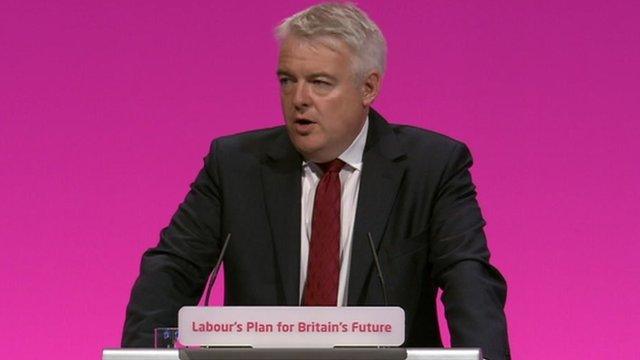English votes for English laws: Should Wales care?
- Published
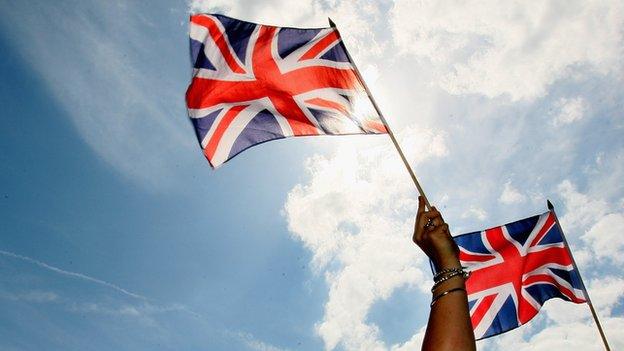
MPs from Wales, Scotland and Northern Ireland could be barred from voting on England-only matters
What would be the repercussions if Welsh, Scottish and Northern Irish MPs were barred from voting on laws that only apply in England?
The issue - dubbed the West Lothian question - is being discussed during a House of Commons debate about further devolution to Scotland and UK-wide constitutional change following September's independence referendum.
Currently MPs from the devolved nations can vote on English laws, even if they do not affect their own countries.
So what would the changes actually mean for Wales?
Prof Richard Wyn Jones, director of the Wales Governance Centre at Cardiff University, explains.

Why should Wales care about English votes for English laws?
There are some tricky technical issues around implementation of English votes for English laws, but assuming they can be overcome then here are two obvious reasons why people in Wales should care.
Firstly, implementing the change would reduce the role of Welsh MPs at Westminster.
It is not clear that this is a huge concern for the Welsh electorate. The recent ICM/BBC poll suggested that a narrow majority in Wales actually support preventing Welsh MPs voting on England-only matters.
But it is a matter that some of the MPs involved care passionately about.
Secondly, any moves towards recognising England as a distinct unit within the UK would be simplified if the boundary between Wales and England became more clearly delineated.
At the moment it remains significantly more fuzzy than the England-Scotland legal and administrative border.
So, for example, it seems clear that English votes for English laws would be easier to implement if Wales were to move to a "reserved powers" model of devolution (as now supported by all the parties in Wales) - with the law clearly setting out what is reserved to Westminster and what is not to avoid legal disputes.
It is also likely that any move towards the England-only votes would be another nail in the coffin of the unified England and Wales legal jurisdiction.

Why is this issue so important to the political parties?
Should MPs from outside England vote on issues that only affect England?
When David Cameron raised the spectre of English votes for English laws in the immediate aftermath of the Scottish independence referendum, he was responding to several different developments.
A widespread belief among the English population that their country is not fairly treated in the aftermath of devolution is clearly one of them. A sense shared by many Tory members and backbench MPs.
Supporting the change in voting is also part of the prime minister's response to the growing threat of UKIP.
Quite simply, Cameron cannot afford to allow UKIP to be the only party articulating English resentment about their place in the post-devolution UK.
But it's also pretty clear that talking about England makes the current Labour leadership very uncomfortable, and that is also something that will not have escaped the prime minister's attention.
Labour is torn on the English question.
On the one hand there are some English Labour MPs - John Denham is a good example - who have been arguing for a long time that the party needs to embrace a distinctive English agenda.
On this reading, Labour simply cannot afford to be left behind on this issue.
But on the other hand, many Welsh and Scottish Labour MPs are vitriolically opposed to any development that would lead to a diminution in their influence.
At the moment it appears that Ed Miliband's instinct is to side with the latter.
But given the lack of support for Labour's alternative, namely stronger regional government within England, the party may eventually find itself forced to take England seriously as a political community in itself.

If it all went ahead, where would it leave Welsh MPs?
A lot depends on the actual form of English votes for English laws implemented - it's a term that covers a very wide spectrum of possible arrangements.
But clearly, their influence at Westminster would be reduced.
Some might argue that the number of roles that Welsh MPs might play in government would also be reduced.
My own view, however, is that we've reached that point already.
Even now, is it really possible to imagine a Welsh MP becoming health secretary in a UK government given that health has already been devolved to Wales? Probably not.
But certainly not after any scheme of English votes for English laws were put in place.
- Published14 October 2014
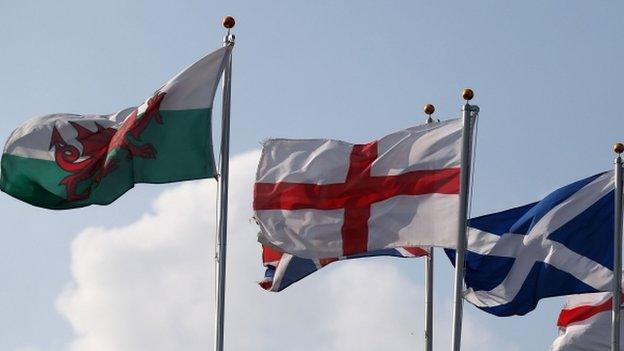
- Published14 October 2014

- Published14 October 2014
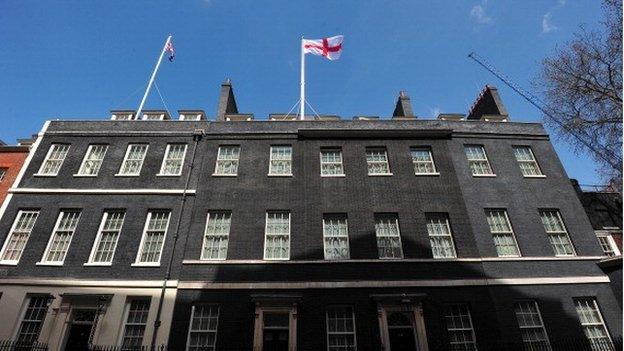
- Published14 October 2014
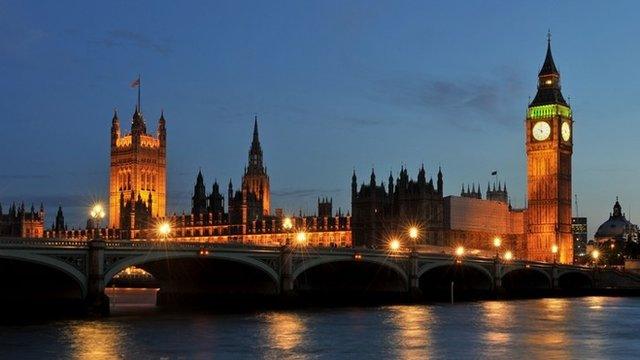
- Published13 October 2014
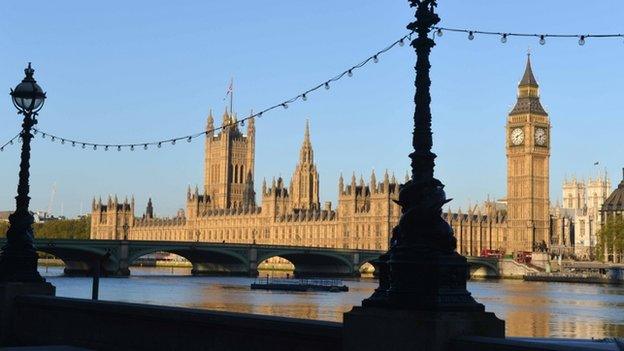
- Published22 September 2014
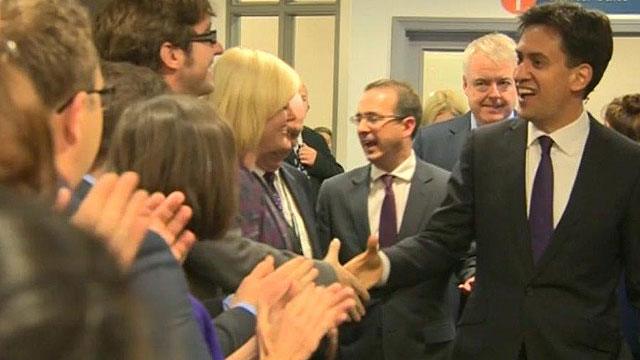
- Published22 September 2014
